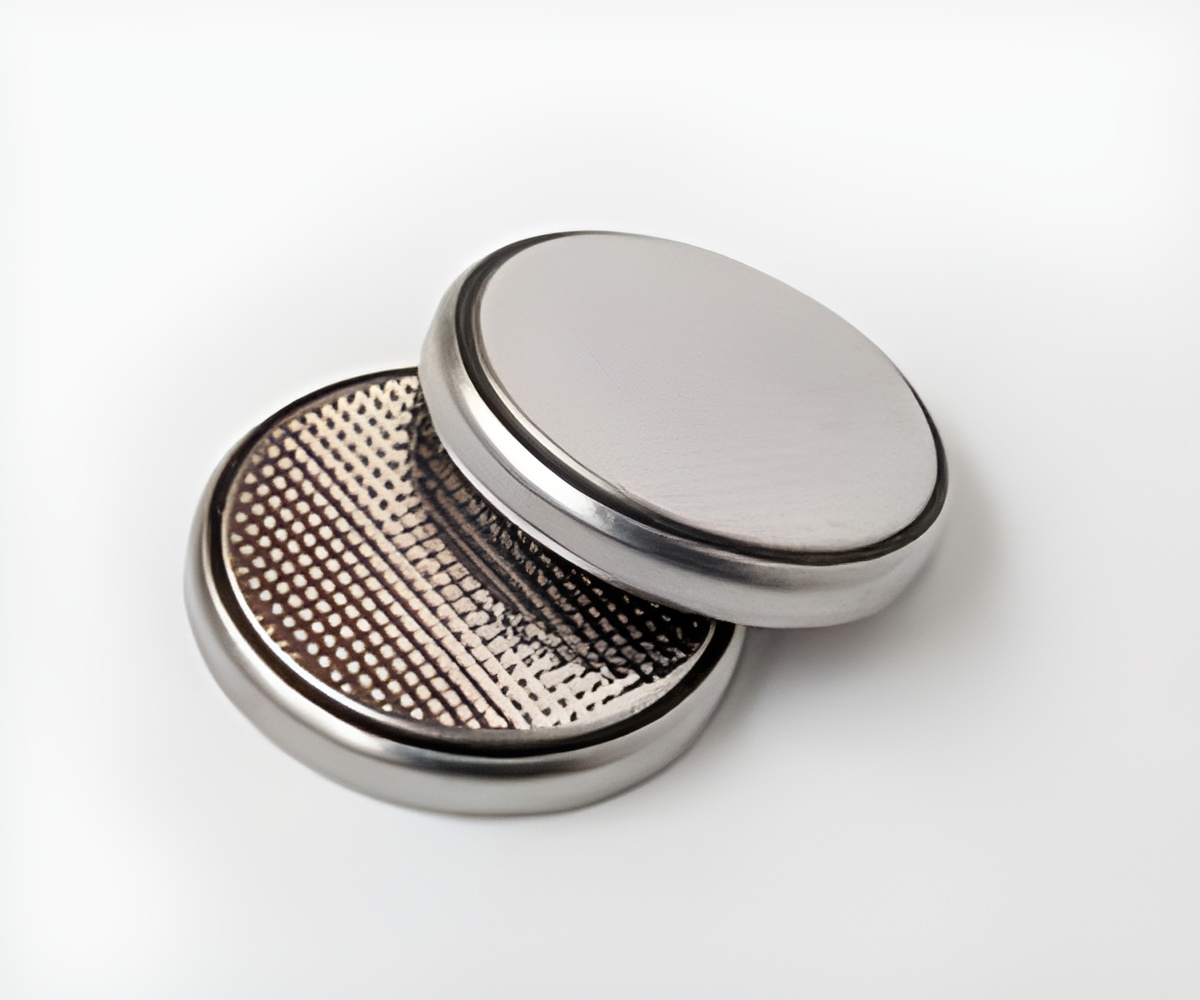
‘Batteries in the stomach cause damage, including perforation of the gastric wall, so physicians should consider removing the batteries as soon as possible and not let them pass through the digestive tract.’
Tweet it Now
Researchers from pediatric hospitals in Colorado, Florida, Texas and Ohio collected data regarding 68 button battery ingestions from January 2014 to May 2018. Previous research has been conducted on button batteries lodged in the esophagus, but little is known about the effect in the stomach. "We have been seeing more injuries from button batteries," Dr. Khalaf said. "The batteries come in toys, remote controls, key fobs, singing greeting cards and watches. They are everywhere."
Erosive injuries to the mucous lining of the stomach were found in 60 percent of cases reviewed, with no apparent relationship between damage and symptoms, or with the amount of time passed since ingestion. This suggests that clinicians and parents should not wait for symptoms or passage of time to act, Dr. Khalaf said, adding that removing the battery earlier avoids repeated trips to the emergency room or pediatrician's office and reduces repetitive x-rays or other imaging.
The authors' recommendations are more aggressive than those of two national organizations that have issued recommendations about button battery ingestion. The North American Society for Pediatric Gastroenterology, Hepatology and Nutrition recommends observation when it's been less than two hours since ingestion, the battery is 20 mm or smaller, and the child is at least 5 years old. The National Capital Poison Center, which runs the National Battery Ingestion Hotline, currently recommends observation alone for asymptomatic gastric button batteries to allow them to pass through the digestive system.
Source-Eurekalert








